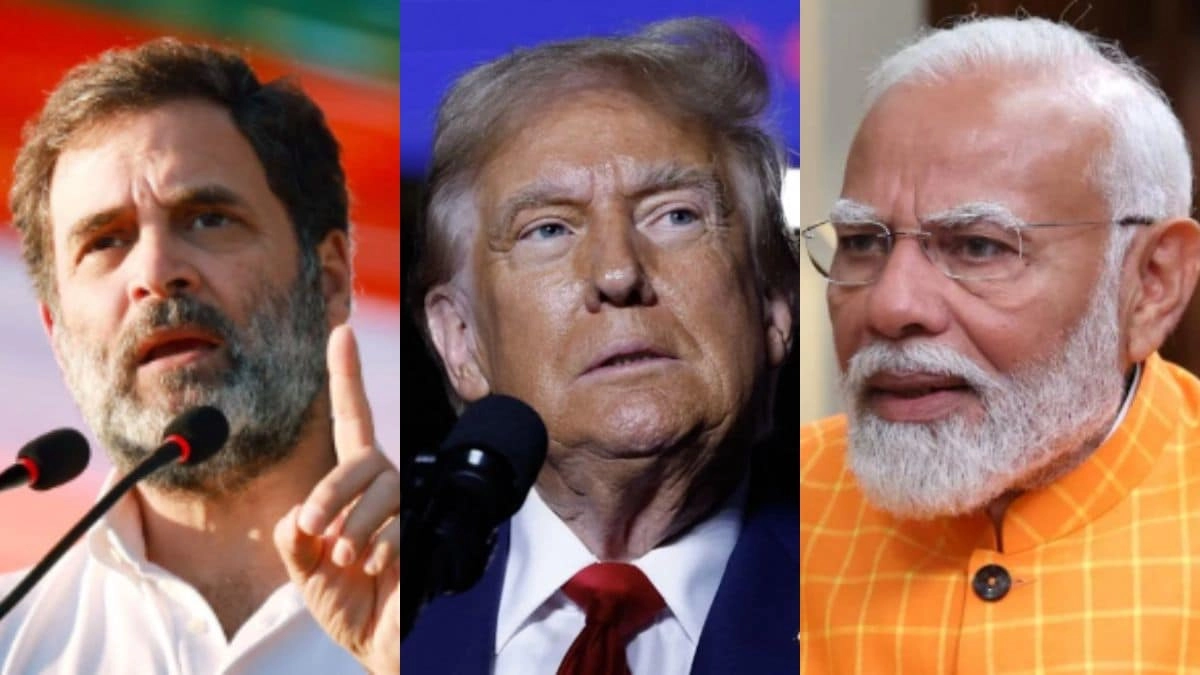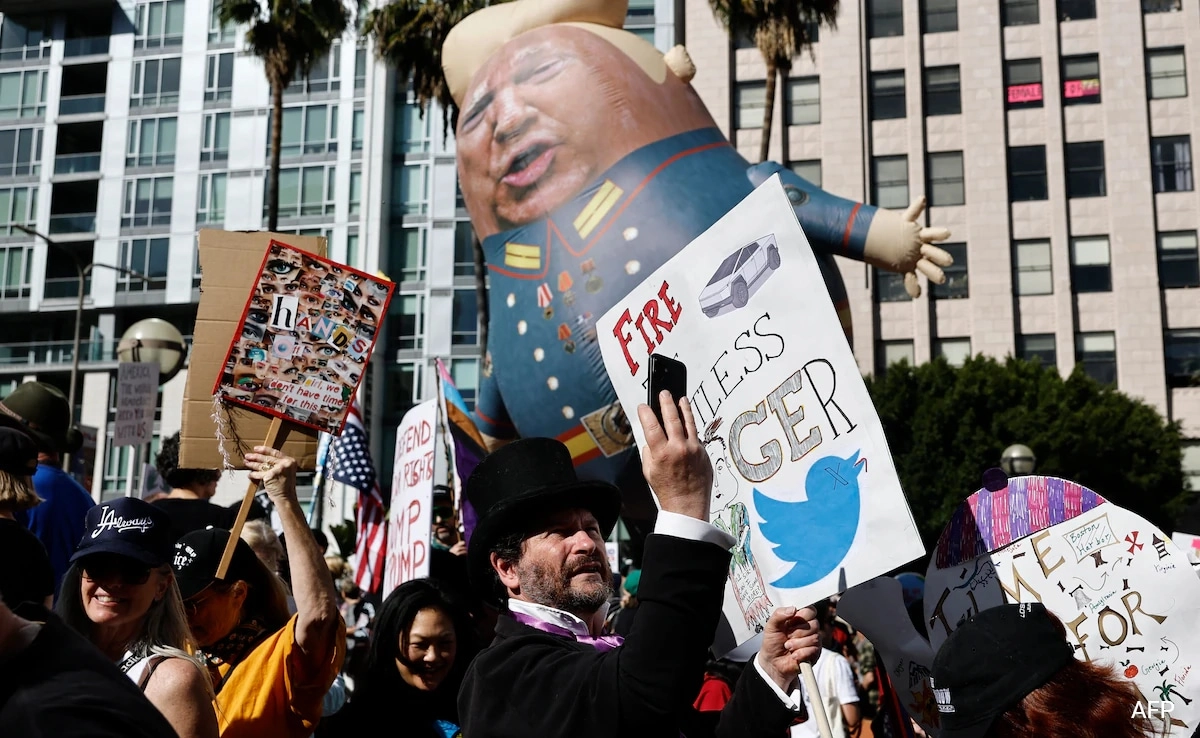Rahul Gandhi’s recent endorsement of former President Donald Trump’s characterization of the Indian economy as a “dead economy” has sparked significant controversy and backlash. By aligning himself with Trump’s critical assessment, Gandhi aimed to highlight the challenges facing India’s economic landscape, particularly in the wake of the COVID-19 pandemic. However, the move has drawn sharp criticism from various political circles, suggesting that Gandhi’s strategy may have backfired, undermining his credibility as a leader who is committed to uplifting the Indian economy.
Critics argue that by endorsing Trump’s remarks, Gandhi has inadvertently reinforced negative perceptions about India’s economic situation, which many believe could discourage foreign investment and undermine public confidence. The Indian economy, while facing its share of challenges, has shown signs of recovery and resilience. Many economists and analysts contend that the narrative of a “dead economy” oversimplifies the complexities of the situation, as India continues to be one of the fastest-growing major economies in the world. This could result in a perception that Gandhi is out of touch with the realities of economic progress and the efforts being made to revitalize the nation.
Moreover, the endorsement has provided ammunition for rival political parties to question Gandhi’s leadership and vision for India. Political opponents may seize this opportunity to paint him as someone who lacks faith in the country’s potential, which could have ramifications for his party’s image and electoral prospects. In a political landscape where economic performance is a crucial issue, Gandhi’s comments may be interpreted as a sign of weakness rather than a constructive critique. This situation underscores the delicate balance politicians must maintain when discussing sensitive topics like the economy, particularly in a country as diverse and complex as India.
As the debate continues, it remains to be seen how this incident will impact Rahul Gandhi’s political trajectory and the broader discourse on India’s economic future. The backlash serves as a reminder of the importance of framing criticism in a way that is constructive rather than detrimental. While it is essential to address the genuine concerns surrounding economic challenges, aligning with external figures known for their controversial statements can lead to unintended consequences. For Gandhi, this experience may serve as a crucial lesson in navigating the intricacies of political discourse and the importance of fostering a narrative that inspires hope and resilience rather than despair.




